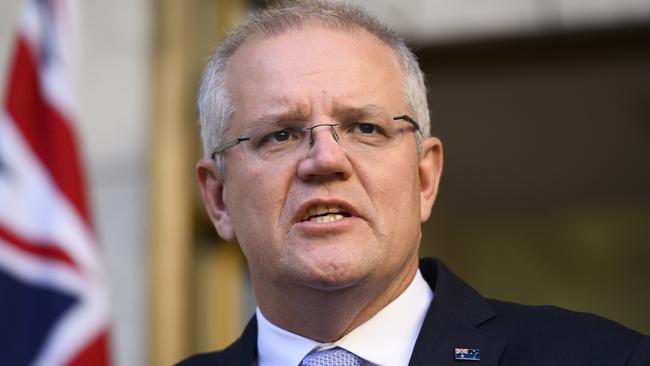
This US-led deployment is in direct response to Iran illegally seizing a number of tankers sailing lawfully through the waterway.
However, the allied operation to protect freedom of navigation is so clearly within international law, and so obviously a security good, that other nations could join in. Notwithstanding the general European dislike of US President Donald Trump, it would not be surprising if France and Germany, in particular, as the strategic leaders of continental Europe, eventually decide to offer some support to the operation.
Their economies benefit prodigiously from uninterrupted seaborne trade.
Even though Paris and Berlin disagree with the Trump administration’s decision to withdraw from the Joint Comprehensive Plan of Action — the Iran nuclear deal — they have an overwhelming interest in freedom of navigation.
It is important to realise that London and Canberra also disagree with Washington’s position on the JCPOA, but have distinguished that disagreement from the need to keep trade flowing freely through the Strait of Hormuz. Iran has been seizing tankers ostensibly in retaliation to the British in Gibraltar seizing an Iranian tanker. But the Brits did this in pursuit of enforcing EU sanctions.
Similarly, East Asian nations, such as South Korea and Singapore, which benefit from the US security presence and certainly want the US to support freedom of navigation in Asia, could over time decide to support the operation with some military resources. Under international law there are no grounds for Iran to intercept tankers in the Strait of Hormuz as it has been doing.
Every ship at sea has the legal right to defend itself. It also has the right to call on friendly forces, or indeed any other ships, in the vicinity to come to its aid if it is subject to unlawful interference or, in the worst case, attack.
An allied naval presence in the Strait of Hormuz would make it a much safer place for international tankers.
Australia has for years had naval resources deployed in Operation Manitou in the Middle East, involved in counter-terrorism, counter-piracy and narcotics interdiction.
These kinds of operations contribute to global security, but no military operation is without risk.



Australia looks brave, and even a little lonely, at the moment because, besides us, only the US and Britain are devoting military resources to securing freedom of navigation in the Strait of Hormuz.